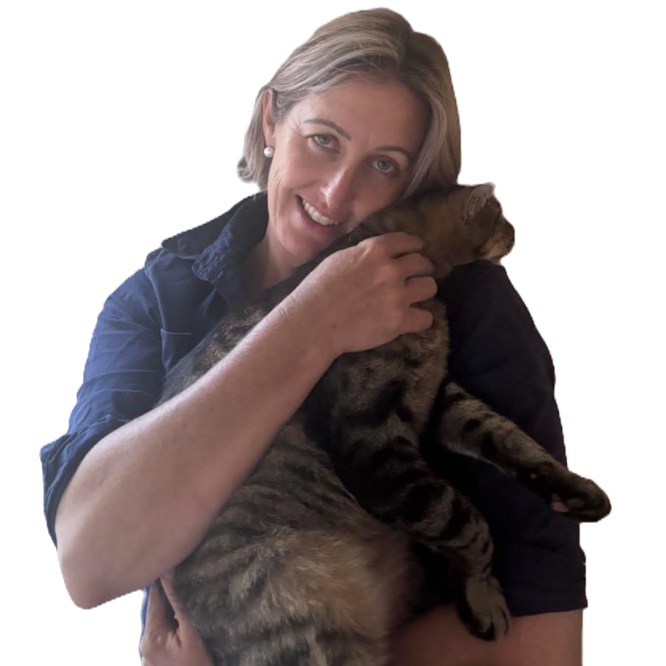“Too Sensitive” Wasn’t the Problem — Living With Rejection Sensitive Dysphoria (RSD) and ADHD
- Sep 9, 2025
- 2 min read
Updated: Sep 11, 2025
When I was a kid, I was told I was “too sensitive,” and now I’m middle-aged 😳… it’s apparent I’ve never grown out of it.
Behind the phrase lies a lifetime of self-doubt, overthinking, and emotional exhaustion.

Only recently did I figure out an explanation: Rejection Sensitive Dysphoria, or RSD. I’d heard of it but always considered my poor concentration to be my main symptom of ADHD. RSD is an unofficial (not part of the diagnostic criteria) but very real symptom experienced by many people with ADHD — and it explains so much about how I’ve reacted to rejection, both real and imagined, for as long as I can remember.
RSD is not just about being hurt by someone saying no. It’s deeper than that. It’s about feeling INTENSE EMOTIONAL PAIN from even perceived criticism, disapproval, exclusion, or failure. The worst part? Often, the rejection isn’t real — it’s the story I tell myself in the silence, in the shift in someone’s tone, or in a forgotten reply. And when you carry that internal narrative long enough, it begins to shape how you see yourself and your place in the world.
This emotional hypersensitivity can have a terrible effect on relationships — especially when it goes unrecognised. Friends, partners, colleagues might see an overreaction, when what’s really happening is a tidal wave of shame, fear, or self-blame crashing down from something seemingly small.
I was listening to this podcast the other day that spoke directly to women like me — women with ADHD who are now in the trenches of perimenopause. It talked about how we’ve protected ourselves from RSD by becoming people-pleasers, about how after years of giving so much of our time, energy, and emotional labour to others — our children, our families, our communities — suddenly, the question surfaces:
“What about me?”
As kids grow up and become more independent, many of us reach a point where we begin to rediscover ourselves — our passions, needs, and dreams. But when those needs are dismissed or not met — whether by others or even by ourselves — RSD can hit hard.
RSD can feel like being constantly braced for impact. The fear of letting someone down, or being left out, or misunderstood, can be overwhelming. And because it’s not talked about enough, we’re often labelled ‘dramatic’ or ‘too emotional’ when really, we’re just trying to navigate a world that feels way too sharp.
Having an understanding of RSD helps a bit, so if you resonate, I suggest you start down that rabbit hole. And just know, you’re not alone.
Be kind to yourself.
Big love x



